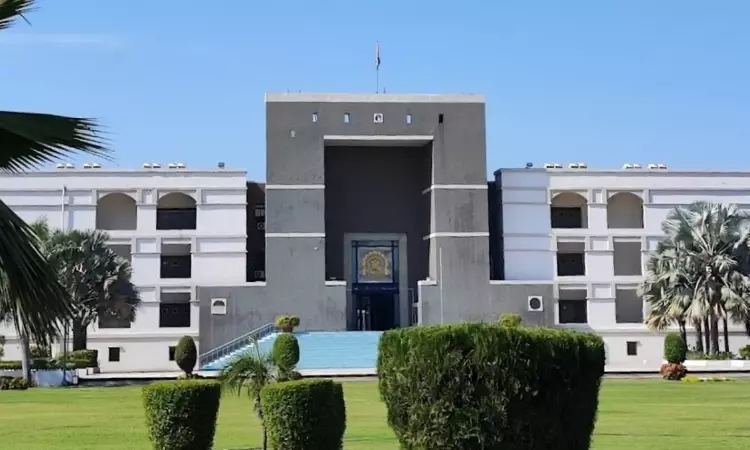Gujarat High Court Quashes Overtime Wage Award To Surat Fire Brigade Employees; Evidence Found Insufficient
Pranav Kumar
13 Oct 2024 2:30 PM IST

Next Story
13 Oct 2024 2:30 PM IST
A Division Bench of Gujarat High Court comprising Justice A.S. Supehia and Justice Gita Gopi overturned the Industrial Tribunal's award that directed the Surat Municipal Corporation to pay overtime wages to fire department employees. The court held that there was no sufficient evidence to prove that the employees had worked overtime beyond their 12-hour shifts between 2001 and 2017. It...
